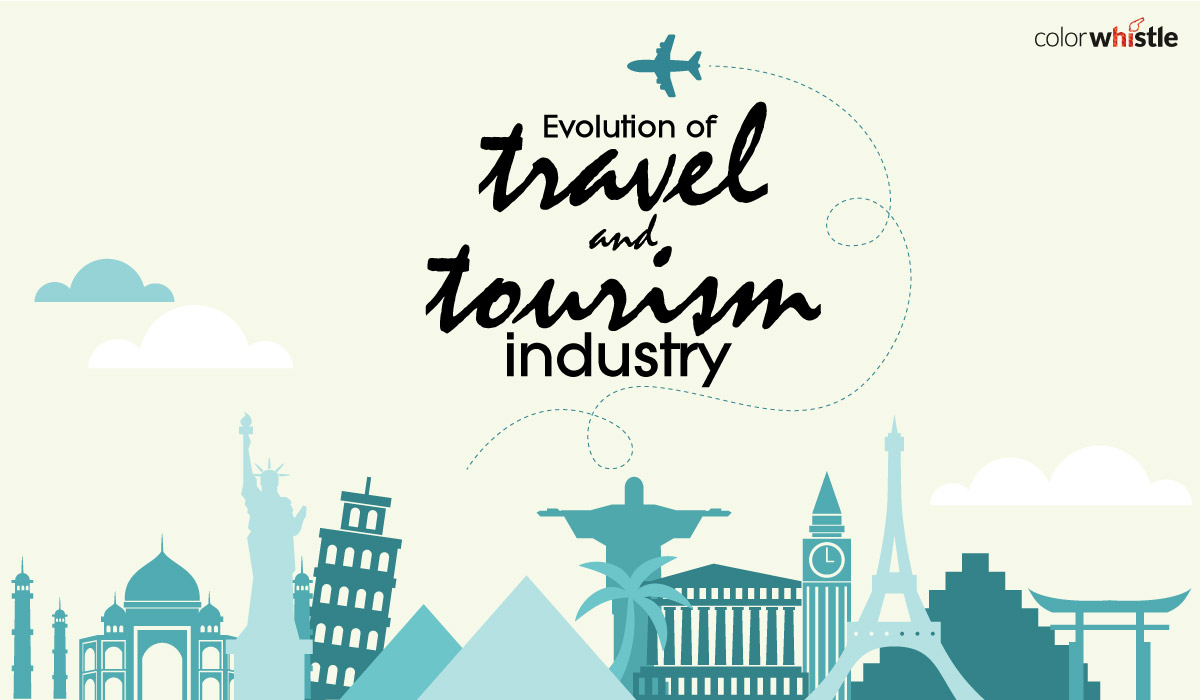The Evolution of Leisure Travel
Travel and tourism have come a long way over the past century. What was once limited to the wealthy elite or reserved for special occasions has become accessible to many. Let’s take a look at how leisure travel has evolved from the late 1800s to today.
Agricultural Society and Sunday Socials
In the late 19th century, most Americans lived and worked on farms or in manufacturing jobs. Workdays were long and physically demanding, leaving little time or energy for leisure. Entertainment was typically found during Sunday socials where entire communities would gather for music, dancing, fellowship, and news. Travel beyond the local area was rare except for special occasions. People were largely confined to their local communities.

Advances in Transportation Expand Horizons
The early 20th century brought major advances in transportation that began opening up new possibilities for travel. Cars became more common, providing new independence and mobility. But it was the rise of passenger air travel in the 1920s that truly expanded horizons. For the first time, people could travel coast to coast in a matter of hours rather than days or weeks. Affordable automobile vacations and domestic flights fueled a new era of accessible leisure travel within countries.
Post-War Prosperity Fuels International Travel Boom
After World War II, rising incomes and paid vacations allowed many to travel beyond their borders for the first time. International air travel took off as airlines introduced commercial jet flights. Passports became widespread, and borders opened. Destinations like Europe saw a flood of American tourists enjoying newfound prosperity. Package tours made exotic locales affordable through guided, hassle-free itineraries. International travel blossomed into a mainstream pursuit.
The Digital Revolution Ushers New Era of Independent Travel
Advancements in computers and the internet in the late 20th century revolutionized the travel experience yet again. Independent travel became easier than ever before thanks to online researching, trip planning, and booking. Digital mapping and localization apps took the guesswork out of navigation. Budget accommodations like Airbnb disrupted the lodging market. Review sites provided quality insights to help travelers choose destinations and activities with confidence. Social media sharing brought inspiration and companionship on the road.
Sustainable and Immersive Travel Gains Momentum
As international travel democratized, a new generation sought deeper, more culturally immersive experiences. Ecotourism emerged, appealing to a growing demand for sustainable and socially responsible travel. Slow travel emerged as a movement aimed at deeper cultural connections through local experiences, rather than rushing between attractions. Multigenerational, multidestination tours also gained appeal with an interest in interweaving sightseeing with hands-on learning, volunteering, and wellness pursuits.
The New Frontier: Outer Space Tourism
While still in early stages, space tourism is the future frontier expanding our concept of travel. Companies like SpaceX, Blue Origin, and Virgin Galactic are developing technologies to send private citizens to the edge of space or even orbit the Earth. With ticket prices currently in the mid-six figures, this remains an exclusive experience but forecasts see costs dropping rapidly to make suborbital flights accessible to hundreds or thousands annually by the late 2020s. A new era of space exploration as leisure is on the horizon.
Health, Sustainability and Safety in a Post-Pandemic Era
The COVID-19 pandemic brought travel to a halt and highlighted new priorities around health, safety, sustainability and risk mitigation. While restrictions are easing, the pandemic has created lasting impacts on how we approach travel.
Heightened Focus on Health and Hygiene
Travelers today place more emphasis on cleanliness standards, ventilation, social distancing and health protocols when selecting accommodations and activities. There is growing demand for contactless check-ins, digitized menus, upgraded air filtration, and readily available sanitizers. Trip cancellation insurance is also becoming a must-have given ongoing risks.
Sustainable Travel Gains Even More Traction
Concerns over crowded destinations, single-use plastics and carbon footprints have intensified interest in sustainable travel options. Ecolodges, rural agritourism experiences and nature-based activities are appealing alternatives to mass market tourism. Travelers seek to minimize environmental impacts and support local communities through sustainable purchasing choices.
Domestic and Proximity Travel Continues Strong Momentum
With international travel restrictions, local and regional tourism boomed as a safer alternative. This pent-up demand energized destination development focused around outdoor recreation, culinary experiences, and small-town charm. Many travelers came to appreciate rediscovering treasures in their own backyards. Proximity to home remains a top priority even as global travel recovers.
Flexibility and Refunds Become Essential
Given the likelihood of future spikes or variants disrupting travel, refundable and changeable reservations have become non-negotiable. Travel insurance is also crucial for health emergencies abroad. Booking policies accommodating cancellations up to the day of travel provide needed flexibility and reassurance in unstable times.
Looking Ahead - The Future of Travel
While the pandemic accelerated certain shifts like health protocols and local travel, many signature changes to the travel industry over its history have been permanent and transformative. Let’s consider how some emerging trends may further mold leisure travel going forward:
Virtual, Hybrid and Remote Travel on the Rise
Practically overnight, the pandemic turbocharged adoption of virtual conferencing, tours and classes. Many travelers have discovered the appeal of virtual experiences as safer, more affordable alternatives. Hybrid models combining virtual and on-location elements are gaining popularity too. Remote work also enables digital nomadism and extended globally-distributed living.
Autonomous, Shared and Electric Mobility Grow Rapidly
Advancements in self-driving vehicles, hyperloop pods, drones and electric air taxis promise to expand access to locations while minimizing individual ownership footprints. Ride-hailing and car-sharing options continue spreading globally. Multi-modal, app-enabled transport networks will encourage exploring more destinations car-free.
Personalized, Hyper-Localized Travel Surges
As interest in immersive, authentic experiences intensifies, demand is rising for highly tailored, niche trips designed around passions, wellness goals or cultural heritage. Local homestay programs, micro-stays, and bespoke itineraries connected directly to artisans and communities will satisfy this trend.
Outer Space, Seacities and Emerging Frontiers Beckon Pioneers
While still in very early stages, the horizons of travel are expanding rapidly in directions like ocean settlements, space tourism and virtual worlds. Floating seacities, lunar colonies and the metaverse all represent potential new frontiers attracting the pioneering spirit of lifelong learners and adventurers.
In conclusion, leisure travel has evolved tremendously from primarily local and domestic, to globally accessible, and is now entering an era defined by health, sustainability and digital innovation. The pandemic accelerated certain shifts, but humanity’s innate curiosity and wanderlust will ensure the possibilities for exploration continue growing in new and exciting ways.

 Memories of My Childhood Town Mymensingh
Memories of My Childhood Town Mymensingh